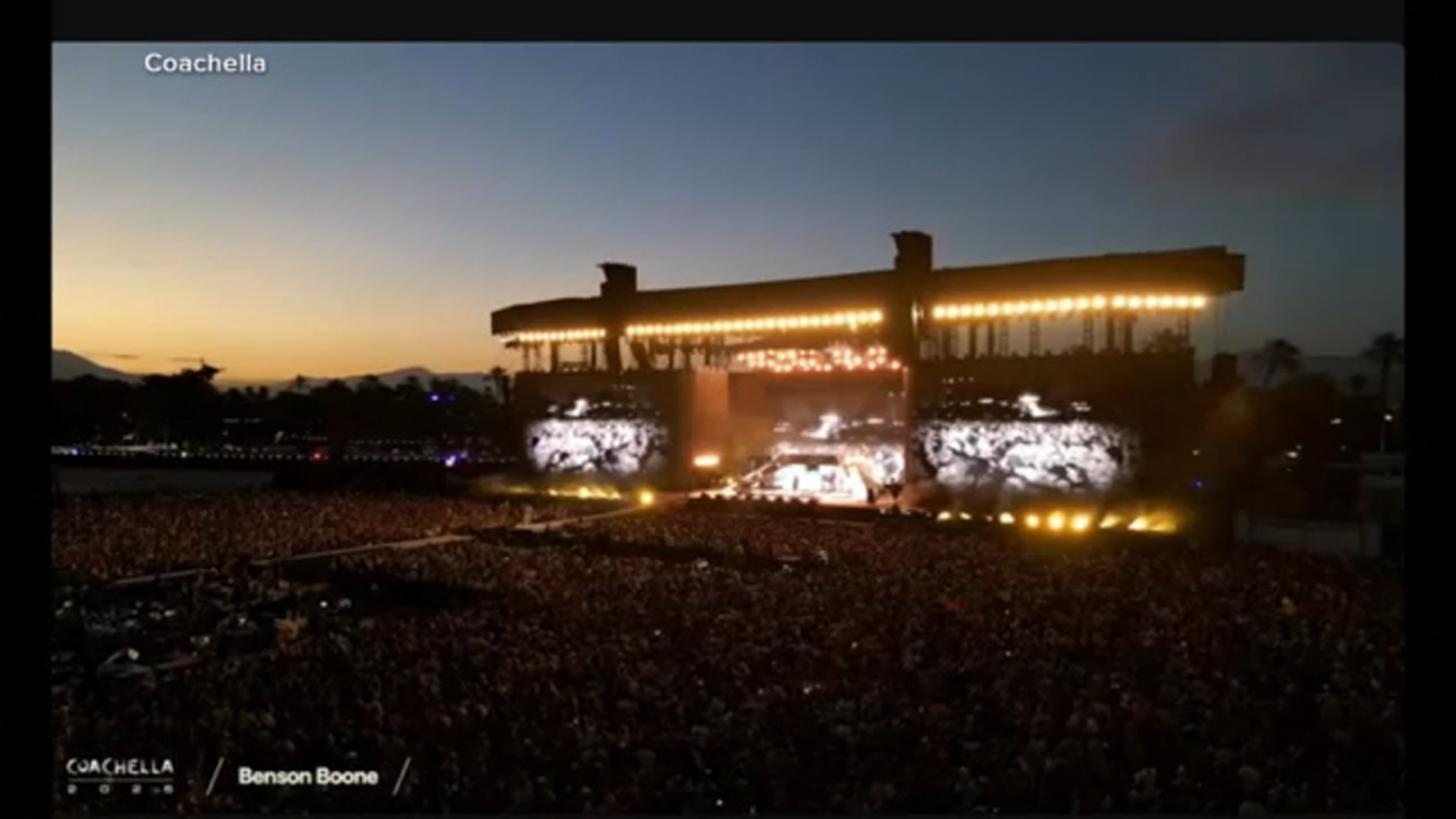Brown pelicans found starving along California coast released after rehabilitation
SAUSALITO, Calif. (KGO) -- The first group of newly rehabilitated Brown pelicans were returned to the wild Thursday after being rehabilitated in Fairfield.
Hundreds of the sea birds were found starving beginning in late April, up and down the California Coast.
On Thursday, vets did a final check-up on a Brown California Pelican, which came to the International Bird Rescue in Fairfield last month starving and barely alive. The bird and others were being rehabbed back to health thanks to a diet of smelt and mackerel.
RELATED: Bay Area animal groups stepping up to help after surge in starving brown pelicans

"That's why we do what we do, to see these birds go back into the wild. To create a new generation to keep these species around," said International Bird Rescue Veterinarian Nikki Becich.
Fitted with blue bands to track their progress in the wild, eight pelicans were loaded into a van by the center's staff and driven 50 miles to Sausalito.
ABC7 News was there for the big moment when the sea birds stepped out and took flight, returning to their home on the Bay.
"That's a good sign when they clap feathers preening and hunting, that's what we like to see," said International Bird Rescue CEO JD Bergeron.
But there are about 160 pelicans, back at the nonprofit rescue center not doing as well, their rebab will take time. Emaciated pelicans are still arriving at the facility but in far lower numbers compared to several weeks ago when we visited. While it's still unclear what's causing the crisis, experts believe El Niño weather conditions possibly made it harder for pelicans to find fish.
"Stormy weather can create dynamics in the ocean which makes hunting challenging, some thoughts about where the fish are, maybe not in the same location," Bergeron said.
In a statement, a representative from the California Department of Fish and Wildlife said:
"It's our feeling, but nothing proven, that pelicans were simply unable to reach the fish they normally would because of those ocean conditions... The number of birds being brought in for recovery has dropped way down."
On Thursday, there were encouraging signs pelicans are hunting again near the Golden Gate Bridge.
"Just about three days ago, 200 pelicans were spotted feeding and doing normal pelican things," Bergeron said.
But it's moments like these bird releases that make caring for the iconic California Brown Pelicans totally worth it.
"We spent time watching every single bird, checking for abrasions making sure they're eating, so returning them to the wild is magical," said Bergeron
International Bird Rescue is asking for donations to help with the cost to care for the birds.
The group says it costs about $1,000 a day to keep them fed.












